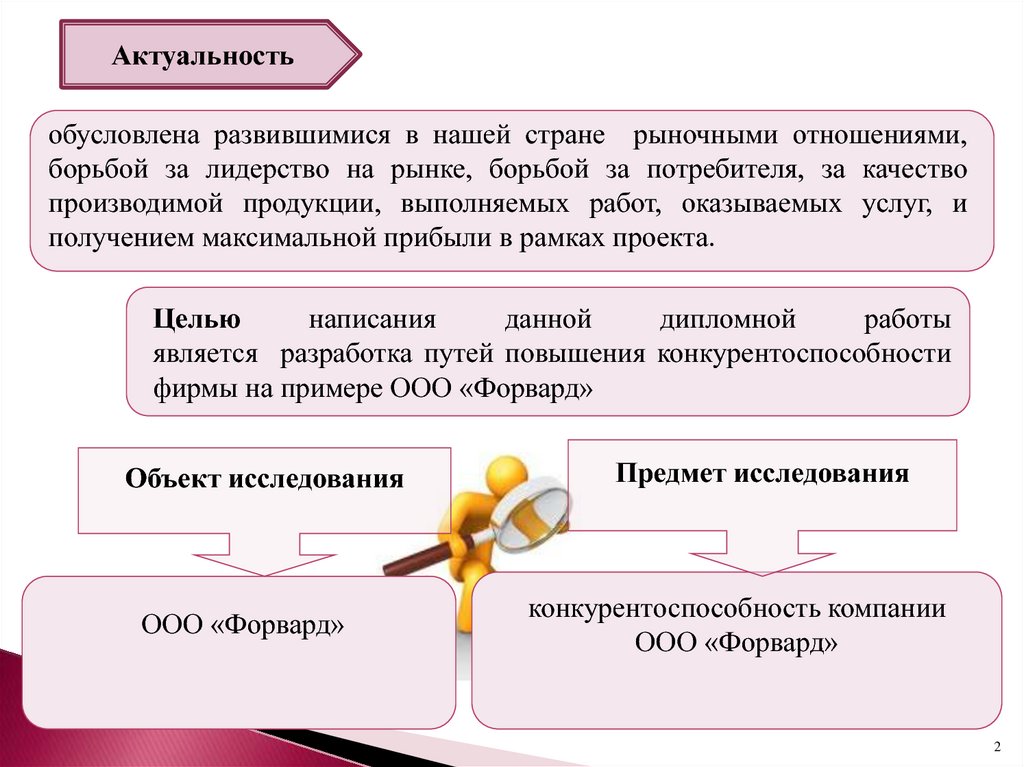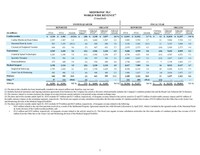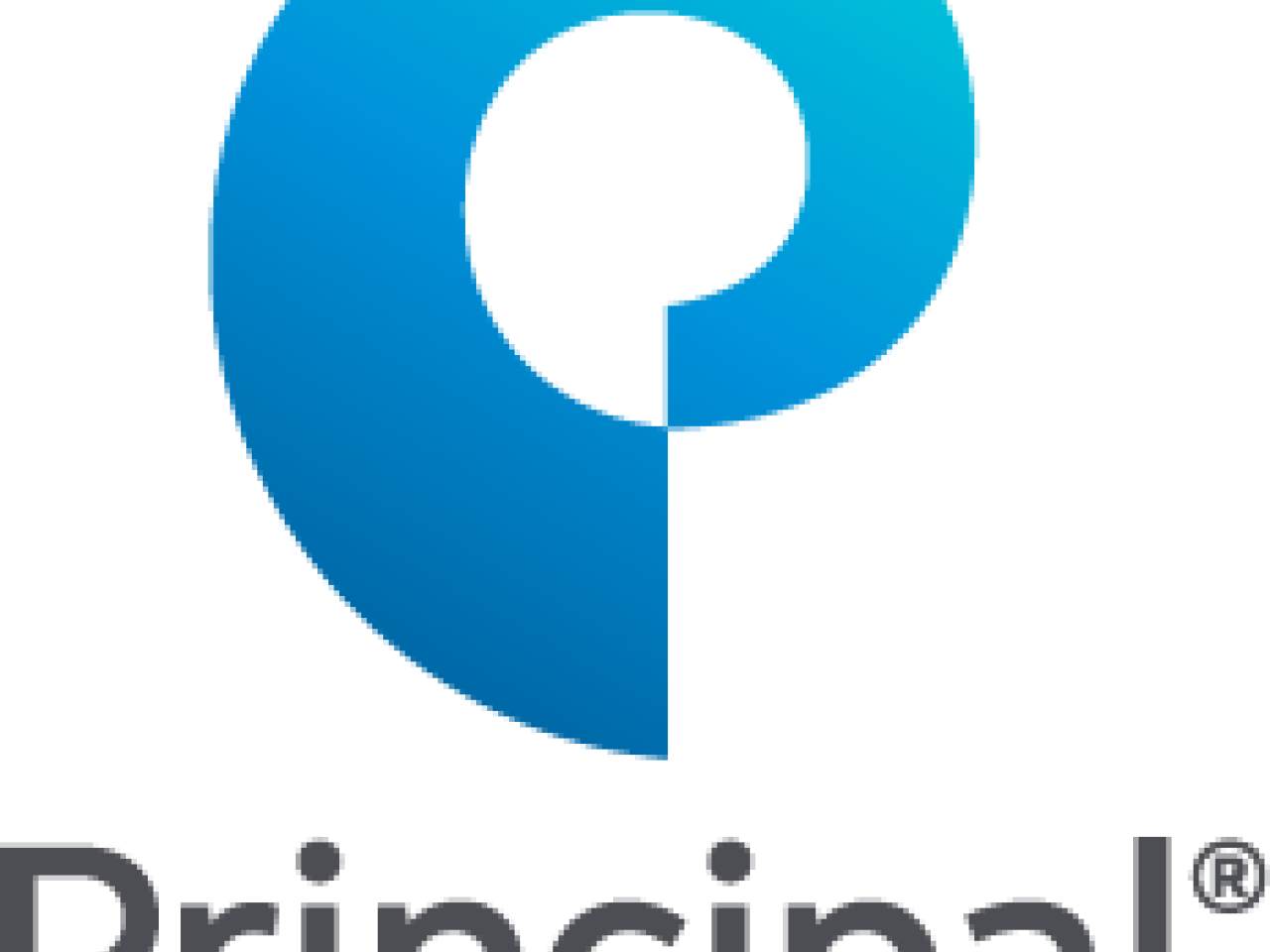Weekly Review: Identifying And Learning From Failures

Table of Contents
Identifying Your Failures – The First Step in a Weekly Review
Before you can learn from your mistakes, you need to honestly identify them. This is where the weekly review begins. "Failure," however, isn't always a catastrophic event; it's often subtle.
Defining "Failure" in Your Context
Defining "failure" is the first step in pinpointing weaknesses and analyzing mistakes. It encompasses various scenarios:
- Personal failures: Missing a workout goal, neglecting a relationship, procrastinating on a personal project.
- Professional failures: Missing a deadline, a flawed project strategy, a missed sales opportunity, ineffective communication.
- Missed opportunities: Not networking at a conference, not applying for a promotion.
Tracking Your Progress (and Setbacks)
To effectively identify failures, you need a system for tracking your progress and setbacks. This could include:
- Spreadsheets: Ideal for tracking quantifiable goals and progress.
- Digital calendars: Useful for scheduling tasks and noting whether you met deadlines.
- Project management apps (Asana, Trello, etc.): Provide a centralized location for task management and progress updates.
- Journaling: Allows for more reflective, qualitative tracking of your emotions, thoughts, and experiences related to your goals.
Effective progress tracking and performance monitoring are key to failure documentation.
Honest Self-Assessment – No Excuses
Honest self-reflection is vital. Avoid making excuses; focus on objective analysis. To achieve this:
- Seek feedback from others: Get a fresh perspective on your performance.
- Use objective metrics: Focus on measurable outcomes rather than subjective feelings.
- Compare your performance to your goals: Understand the gap between expectations and reality.
Remember that honest evaluation and objective analysis are crucial to improving your performance.
Analyzing Failures for Deeper Understanding in Your Weekly Review
Once you've identified your failures, it's time to delve deeper using proven analytical methods.
The "5 Whys" Technique
The "5 Whys" is a simple yet powerful root cause analysis technique. By repeatedly asking "Why?" you can peel back layers to uncover the underlying reasons for a failure.
- Example: Missed deadline:
- Why? – I underestimated the time required.
- Why? – I didn't break down the task into smaller, manageable steps.
- Why? – I lacked a clear project plan.
- Why? – I didn't prioritize effectively.
- Why? – I was distracted by less important tasks.
This method of failure analysis aids in effective problem-solving techniques.
Identifying Patterns and Recurring Issues
Recognizing recurring problems is key to developing effective preventative strategies. Are you consistently missing deadlines? Do you struggle with a specific type of task?
- Examples: Consistently missing deadlines might indicate poor time management skills. Struggling with presentations might suggest a need for better public speaking training.
Identifying these patterns allows you to proactively address them.
External vs. Internal Factors
It's crucial to differentiate between factors within your control (internal) and those outside of it (external).
- Internal factors: Your skills, effort, attitude, time management.
- External factors: Unforeseen events, changes in market conditions, actions of others.
Understanding controllable factors and uncontrollable factors, including external influences, helps focus your efforts on areas you can improve.
Learning from Failures & Implementing Changes in Your Weekly Review
The ultimate goal of a weekly review is to learn and improve.
Developing Actionable Solutions
Based on your analysis, develop concrete action planning for preventing future failures.
- Examples: If you consistently underestimate project timelines, break down tasks into smaller, more manageable steps. If you struggle with public speaking, take a course or practice regularly. Implement specific corrective actions.
Seeking Mentorship and Feedback
Seeking guidance from experienced individuals accelerates your learning process.
- Mentorship programs: Many organizations offer formal mentorship programs.
- Colleagues and supervisors: Seek feedback on your performance and identify areas for improvement.
- Online communities: Engage with professionals in your field to share experiences and learn from others.
Effective feedback mechanisms and engaging in mentorship programs are essential.
Celebrating Small Wins and Progress
Acknowledge your progress, even after setbacks. This is key for positive reinforcement and maintaining motivation.
- Track your progress visually: Use charts or graphs to see your improvements over time.
- Reward yourself for milestones: Celebrate your accomplishments, no matter how small.
This positive reinforcement is vital for continued progress celebration and building lasting motivational strategies.
The Power of Weekly Review for Continuous Improvement
A consistent weekly review process is transformative. By identifying failures, analyzing their root causes, and developing actionable solutions, you foster continuous self-improvement. This ultimately leads to greater success in both your personal and professional life. Implement a regular review, perform a weekly self-assessment, or conduct a thorough failure analysis review – you'll see significant changes. Start your weekly review today and unlock your full potential!

Featured Posts
-
 Gncc Mx Sx Flat Track And Enduro Your Source For Moto News
May 17, 2025
Gncc Mx Sx Flat Track And Enduro Your Source For Moto News
May 17, 2025 -
 Supporting Her Brother Angel Reeses Moving Tribute To Her Mother
May 17, 2025
Supporting Her Brother Angel Reeses Moving Tribute To Her Mother
May 17, 2025 -
 Kak Preuspet V Usloviyakh Vysokoy Konkurentsii Industrialnykh Parkov
May 17, 2025
Kak Preuspet V Usloviyakh Vysokoy Konkurentsii Industrialnykh Parkov
May 17, 2025 -
 Federal Student Loan Refinancing Pros And Cons
May 17, 2025
Federal Student Loan Refinancing Pros And Cons
May 17, 2025 -
 Angel Reeses Sweet Message To Mom During Brothers Ncaa Win
May 17, 2025
Angel Reeses Sweet Message To Mom During Brothers Ncaa Win
May 17, 2025
Latest Posts
-
 40
May 17, 2025
40
May 17, 2025 -
 13 Analysts Rate Principal Financial Group Nasdaq Pfg What Investors Need To Know
May 17, 2025
13 Analysts Rate Principal Financial Group Nasdaq Pfg What Investors Need To Know
May 17, 2025 -
 Understanding Principal Financial Group Pfg Key Insights From 13 Analyst Reports
May 17, 2025
Understanding Principal Financial Group Pfg Key Insights From 13 Analyst Reports
May 17, 2025 -
 Update On Valerio Therapeutics S A S 2024 Financial Report Publication
May 17, 2025
Update On Valerio Therapeutics S A S 2024 Financial Report Publication
May 17, 2025 -
 Principal Financial Group Stock In Depth Analysis From 13 Analysts
May 17, 2025
Principal Financial Group Stock In Depth Analysis From 13 Analysts
May 17, 2025
